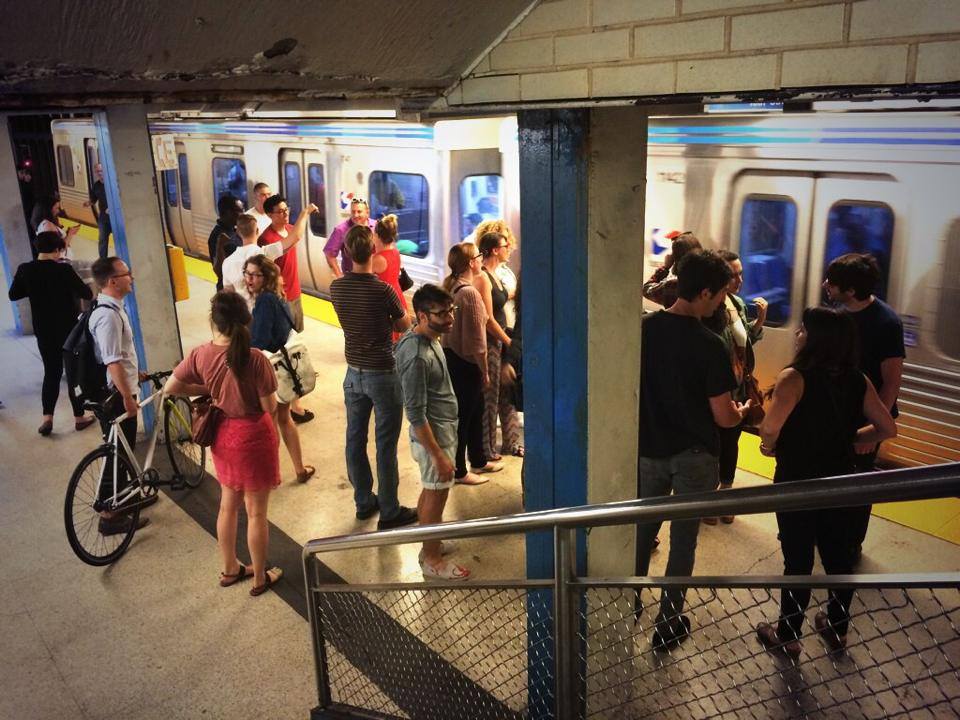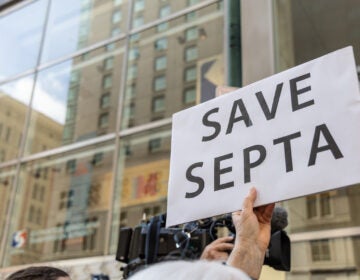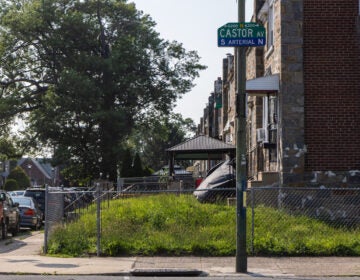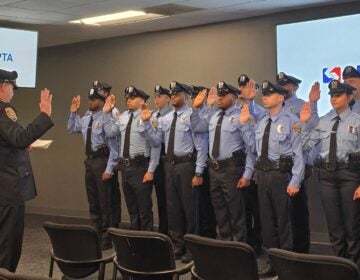Should Philly colleges give transit passes to all students?

Last year we took a look at Pittsburgh’s success bundling discount transit access into tuition at area colleges, and we were interested to see last week that SEPTA’s Youth Advisory Council has begun campaigning to import that idea to Philadelphia.
The group launched a Change.org petition calling on SEPTA and local schools to “Offer Student Discounts on SEPTA through a School Partnership Program.” As of Monday afternoon, they’ve collected 722 signatures.
Here’s what they’re proposing:
Under such a program, educational institutions in the Philadelphia area could partner with SEPTA to purchase SEPTA passes for their students at extraordinary discounts. Students get unlimited rides, schools can rely on SEPTA for class excursions, and SEPTA gets a massive revenue boost even at a discount upwards of 50%–75%. Further, because the passes would be funded from school budgets and university tuition dollars, students would see no noticeable increase in tuition (especially since the cost could be covered by financial aid if it’s beyond one’s EFC).
This is the basic framework of the Pittsburgh policy. Rather than allowing students to opt in to buying a special student pass, university ID holders are automatically opted in to unlimited transit access. In Pittsburgh this includes faculty and school employees as well as students.
College ID-holders don’t get this benefit for free, of course, even though it feels free at point-of-use–it’s partly paid for by a flat transportation fee tacked onto tuition each semester, and partly covered by the universities. It costs just $180 a year–a 50% discount from the full fare price. That’s not nothing, but is also an incredibly cheap annual transportation bill if it means you’re able to avoid the costs of car ownership.
SEPTA offers a 10% discounted University Pass to students at select universities, but the Youth Advisory Council says something stronger is needed.
“Based on our Council’s opinion, the current student discount isn’t working,” says Jeff Kessler, YAC’s Executive Chair. “It’s limited to a select number of schools, and the 10% discount is just not enough. It’s still very expensive for college students who are on a limited budget.”
The uptake numbers don’t lie: just 3% of the student population at the eligible schools opted to buy a University Pass in 2013, which suggests only commuter students are really taking advantage of the discount. YAC thinks deepening the discount and removing the opt-in obstacle would encourage many more students to get out and explore the city on transit.
To that end, the group has been studying the issue for the past two years, looking at case studies from cities with discounted student fare cards, including Pittsburgh, Chicago, and Miami. With that research now in hand, YAC launched the petition to build some organic momentum for the School Partnership Program concept well ahead of the SEPTA board’s next fare resolution at their Spring 2016 meeting.
Kessler explained that language authorizing the policy would have to make it into SEPTA’s fare tariff. Back in 2013, the SEPTA board voted to increase fares and revisit the tariff every three years, and the 2016 meeting will be the next opportunity to amend the policy.
The group says they haven’t heard many negative responses so far in their outreach. Kessler says the only pushback they’ve gotten has been from a few parents who didn’t think their children would make much use of public transportation and wouldn’t want to be opted in. Other than that, “the students we’ve talked to are eager to get this implemented, the school administrators we’ve spoken with are very much on board, and SEPTA seems to be very committed to getting something like this done,” Kessler said.
Will Herzog, YAC’s Vice Chair, said the university staffers who have heard the idea have had only positive things to say, viewing the transit benefit as a marketing opportunity to attract prospective students.
“Having gone through the college search experience ourselves a few years ago,” he said, “both of us looked at schools in Pittsburgh, and you could not get through a college campus tour without administrators, tour guides, and students all commenting on the wonders being able to show their ID and get on any bus in the Pittsburgh area.”
Though they haven’t set an exact target for the number of signatures they’d like to collect, Herzog said the goal of the petition is to demonstrate sufficient public support to get schools, universities, colleges, and SEPTA to the table to start ironing out details in a few months. If they can successfully hammer out a framework, the resulting policy would go into the draft tariff. Following a public hearing on that, the SEPTA board could vote on the tariff in the spring, and any changes would take effect the next fiscal year.
WHYY is your source for fact-based, in-depth journalism and information. As a nonprofit organization, we rely on financial support from readers like you. Please give today.






